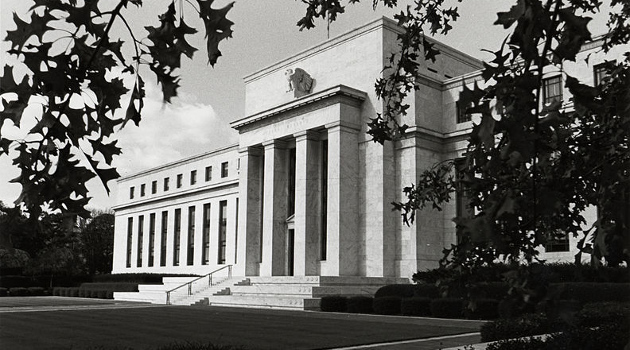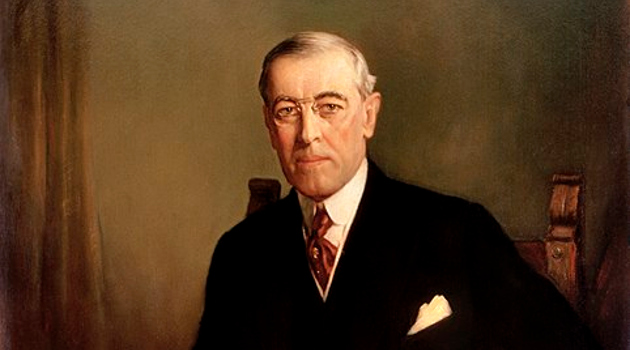
by Dan Mitchell | Feb 1, 2022 | Blogs, Economics
Every few years (2012, 2015, 2019), I warn that easy-money policies by the Federal Reserve are misguided. But not just because such policies eventually can lead to price inflation, which now has become a problem in the United States. Bad monetary policy also...

by Dan Mitchell | Jan 26, 2022 | Big Government, Blogs
In the libertarian fantasy world, we would have competing private currencies. In the real world, we have a government central bank. And central banks have a track record of bad monetary policy, so here’s my two cents on how people can try to protect their...

by Dan Mitchell | Aug 3, 2021 | Blogs, Economics, Monetary Policy
I’m not a big fan of the Federal Reserve, mostly because of its Keynesian monetary policy. Incumbent politicians often applaud when the central bank intervenes to create excess liquidity and artificially low interest rates. That’s because the...

by Andrew F. Quinlan | Apr 24, 2021 | Opinion and Commentary
Originally published by RealClearMarkets on April 23 2021. In February, all of the Federal Reserve’s payments systems failed for half a day. The systems include FedWire, which the Fed itself advertises as the “premier electronic funds-transfer service...

by Dan Mitchell | Jul 7, 2020 | Blogs, Economics, Taxation
I certainly don’t intend to do this for everyone who has made it to the White House, but I have produced big-picture economic assessments of several presidents. Herbert Hoover Franklin Roosevelt Richard Nixon Ronald Reagan George H.W. Bush Bill Clinton George W. Bush...






